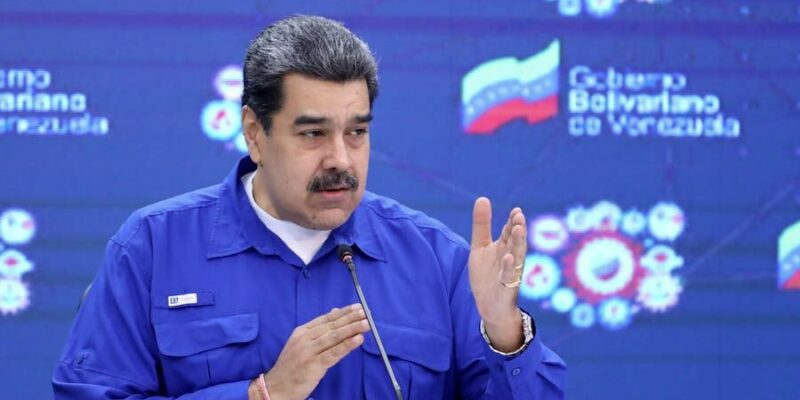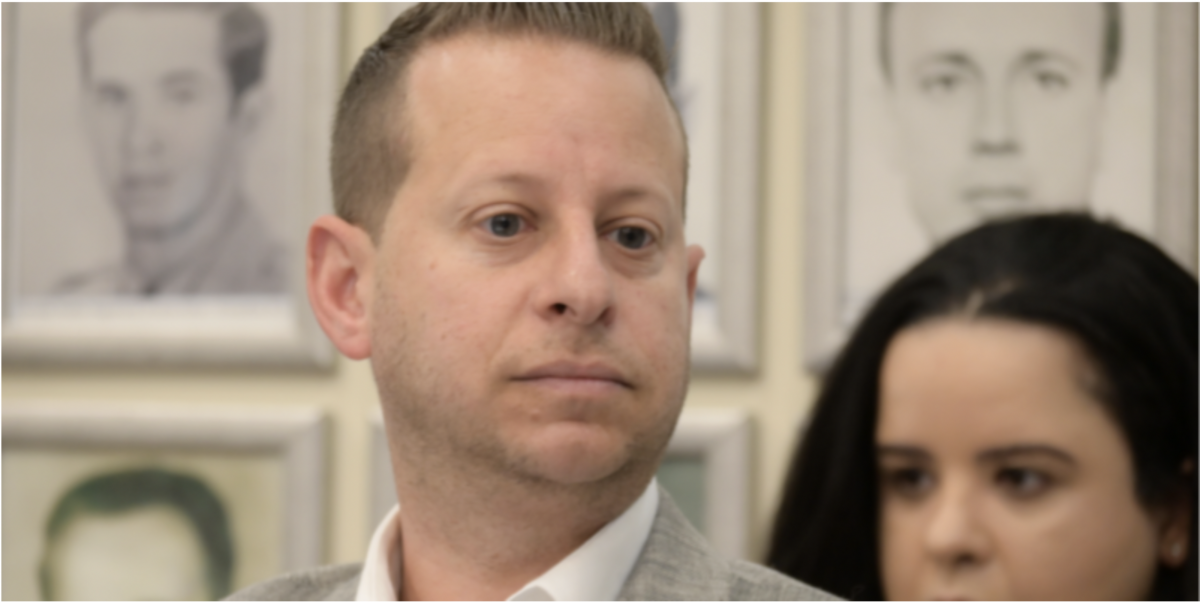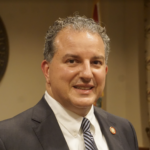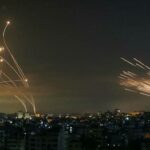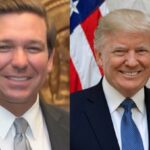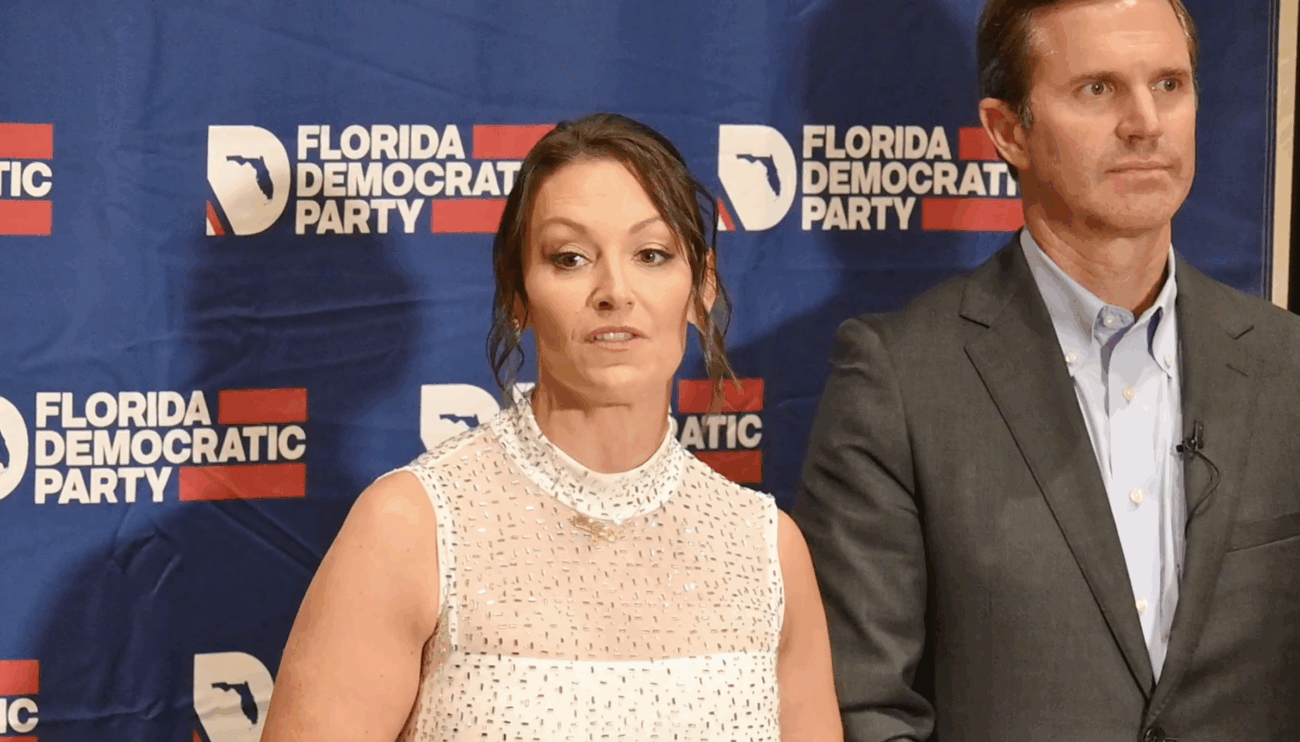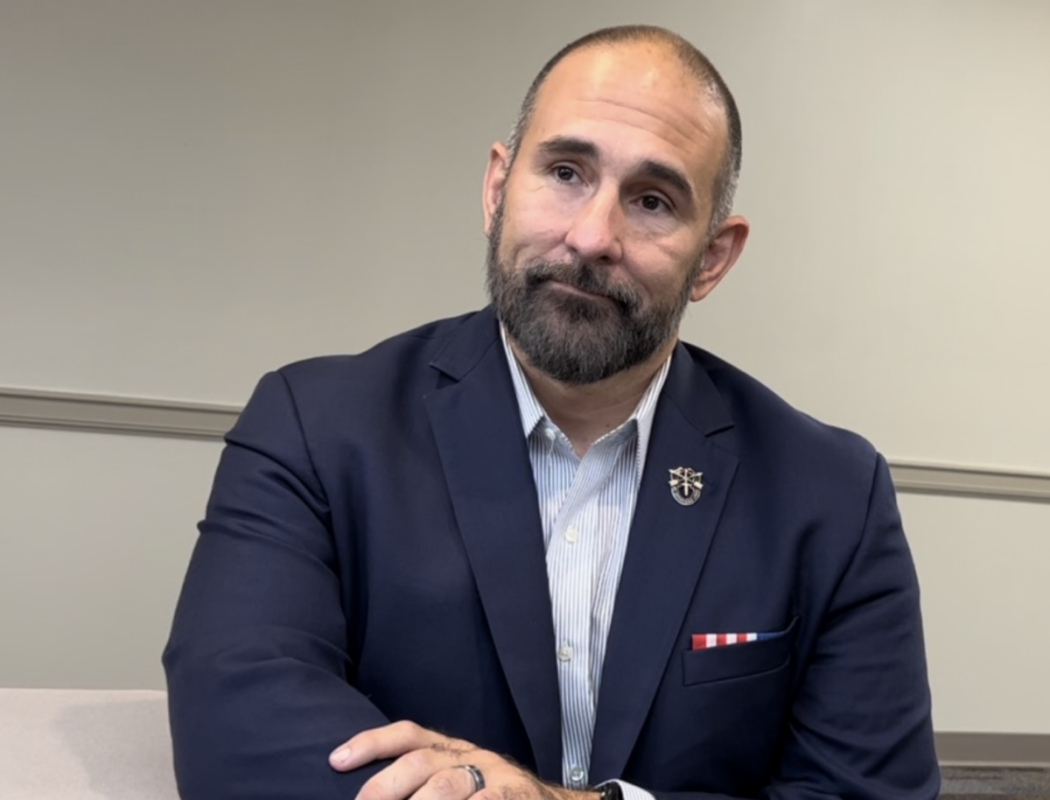The Trump administration's decision to revoke American oil companies' licenses to operate in Venezuela has effectively ended the United States' last significant economic presence in the country, raising serious concerns among national security experts about ceding influence to Iran at a critical geopolitical moment.
The May cancellation of Chevron's operating license, which had allowed the company to export approximately 240,000 barrels per day of Venezuelan crude—over a quarter of the country's entire oil output—marked the end of America's primary economic leverage in the South American nation. The administration had also revoked authorizations for all foreign partners of Venezuela's state oil company PDVSA, including Spanish, Italian, and French companies, effectively severing all Western oil companies’ ability to operate in Venezuela.
This strategic withdrawal comes as Iran has dramatically expanded its military and intelligence footprint in Venezuela, establishing what experts describe as a forward operating base in America's hemisphere. Iran has established a drone development base at the El Libertador air base in Venezuela, where training for Venezuelan military personnel is carried out, including production and training in the use of a wide range of unmanned aerial vehicles.
Iran's Military Buildup and Intelligence Networks
Iranian military cooperation with Venezuela has expanded dramatically since the countries signed a 20-year partnership agreement in June 2022. Iran has established a drone development base at Venezuela's El Libertador air base, producing advanced unmanned aerial vehicles including the ZAMORA V-1 (Shahed-131) attack drone. The Venezuelan Navy now operates Iranian CM-90 anti-ship missiles and Zolfaghar-class missile boats armed with Nasr-1 missiles, representing a significant technological upgrade to Venezuela's military capabilities with direct Iranian support.
Beyond conventional military cooperation, Venezuelan President Nicolás Maduro's regime has cultivated relationships with armed groups such as Lebanese Hezbollah and Colombia's ELN, while new intelligence reports reveal senior Iranian regime figures—including IRGC-linked intelligence agents, sanctioned bankers, and oil intermediaries—are strategically relocating to Venezuela as sanctuary from Israeli operations.
Recent military coordination has become increasingly overt, with Venezuelan Armed Forces leadership visiting Tehran's embassy in Caracas and declaring full solidarity with Iran. General-in-Chief Domingo Hernández Lárez publicly accused the United States and Israel of sponsoring "global destruction," marking what analysts describe as dangerous normalization between two regimes engaged in global destabilization efforts. Former Secretary of State Mike Pompeo asserted in 2019 that Hezbollah now has "active cells" in Venezuela that pose a security risk to the US.
The Iran-Venezuela alliance may have been crippled after the recent Israel and U.S. bombing of nuclear and military targets.
During an interview with The Floridian, Rep. Jared Moskowitz (D) was asked if the strengthened Iranian-Venezuelan alliance posed a national security threat to the US.
Rep. Moskowitz acknowledge the alliance existed, but questioned if the bombings severed the Iran-Venezuela partnership and other alliances with other countries.
"I think it did," said Rep. Moskowitz. " I don’t know what we left of that alliance because, obviously, the attacks on Iran by Israel and the United States, it’s unclear. Nobody came to Iran’s aid…this will have a ripple effect with Iran’s other alliances, including Venezuela."
Republican Congressman Jimmy Patronis believes that the bombing of Iran's nuclear facilities caught the attention not only of Iran, but that of China and Russia.
Venezuela has played a pivotal role in allowing China and Russia to build an "New Iron Curtain" in the Western Hemisphere.
"The president sent a message loud and clear and showed his strength. He understands leverage," said Rep. Patronis. "I know Venezuela. I know Russia, I know China, they are all paying attention right now."
Strategic Partnership: Oil, Finance, and Sanctions Evasion Network
Iran and Venezuela have forged a comprehensive strategic alliance that extends far beyond military cooperation, encompassing energy, finance, transportation, and trade in what experts describe as a sophisticated sanctions-evasion ecosystem designed to help both regimes survive international isolation.
The energy partnership forms the backbone of this relationship. The original 2021 agreement required PDVSA to deliver at least two barrels of oil for every one received from Iran, creating a complex web of oil swaps involving hundreds of millions of dollars. Although Venezuela has struggled to meet these commitments—with Iran's supply falling 44% to 41,300 barrels per day between 2022-2023—both countries are working to accelerate deliveries and renegotiate dozens of unfinished projects spanning agriculture to car manufacturing.
The financial infrastructure supporting this partnership is equally sophisticated. The Iranian-owned Banco Internacional de Desarrollo (BID) in Caracas serves as a key sanctions-busting mechanism, maintaining correspondent banking relationships with Venezuelan banks and Panamanian institutions through "nesting" arrangements that provide Iran indirect access to the US financial system. Additionally, Iran has invested heavily in Venezuela's infrastructure, including construction projects, an auto manufacturing plant, and joint enterprises such as an ammunition factory.
Transportation networks further cement the alliance. Iran uses Mahan Air—an IRGC-linked carrier—for direct flights between Caracas and Tehran, reportedly transferring Venezuelan gold in exchange for Iranian oil while violating international sanctions. Venezuela's Conviasa Airlines operates joint ventures with Mahan Air and has launched routes connecting Caracas to China via Moscow, creating what intelligence sources describe as an "air bridge" for potential weapons and materiel transfers.
This multifaceted cooperation has helped both regimes weather over a decade of US-led sanctions while creating what one expert called "survival strategies involving non-traditional distribution channels and closer alignment with blocs like BRICS+."
In fact, in today’s guilty plea to federal drug trafficking charges in the U.S., former Venezuelan military intelligence chief Hugo (“el Pollo”) Carvajal claims to have evidence detailing the deep and ongoing ties between Venezuela and the Islamic Republic of Iran.
According to Carvajal, these ties include cooperation in security, intelligence and financial transactions designed to evade U.S. sanctions, warning that the relationship between the two countries is more operational than suspected.
Expert Analysis: A Strategic Mistake
Security analysts across the political spectrum have expressed alarm at the timing and implications of the US withdrawal from Venezuela.
Brian Fonseca, director of Florida International University’s Jack D. Gordon Institute for Public Policy, argued in a recent Americas Quarterly op-ed that maintaining isolation will only deepen Venezuela’s reliance on U.S. adversaries.
“This approach failed to achieve its objectives and was compounded by the policy shortcomings of the Biden administration, deepening Venezuela’s economic and humanitarian crises. The approach also drove the Caribbean country further into the orbit of U.S. geopolitical adversaries," said Fonseca.
Regional Implications
The Iran-Venezuela partnership has implications that extend far beyond bilateral cooperation. Venezuelan economist Aldo Contreras, speaking to Invezz, noted that "Venezuela and Iran are long-standing allies, and both are deeply sanctioned. Their cooperation has evolved into survival strategies involving non-traditional distribution channels and closer alignment with blocs like BRICS+."
Iran is also looking to sell drones to other countries in the region, a practice that could destabilize the geopolitical landscape in Latin America. This expansion of Iranian influence comes as regional governments struggle with their own security challenges.
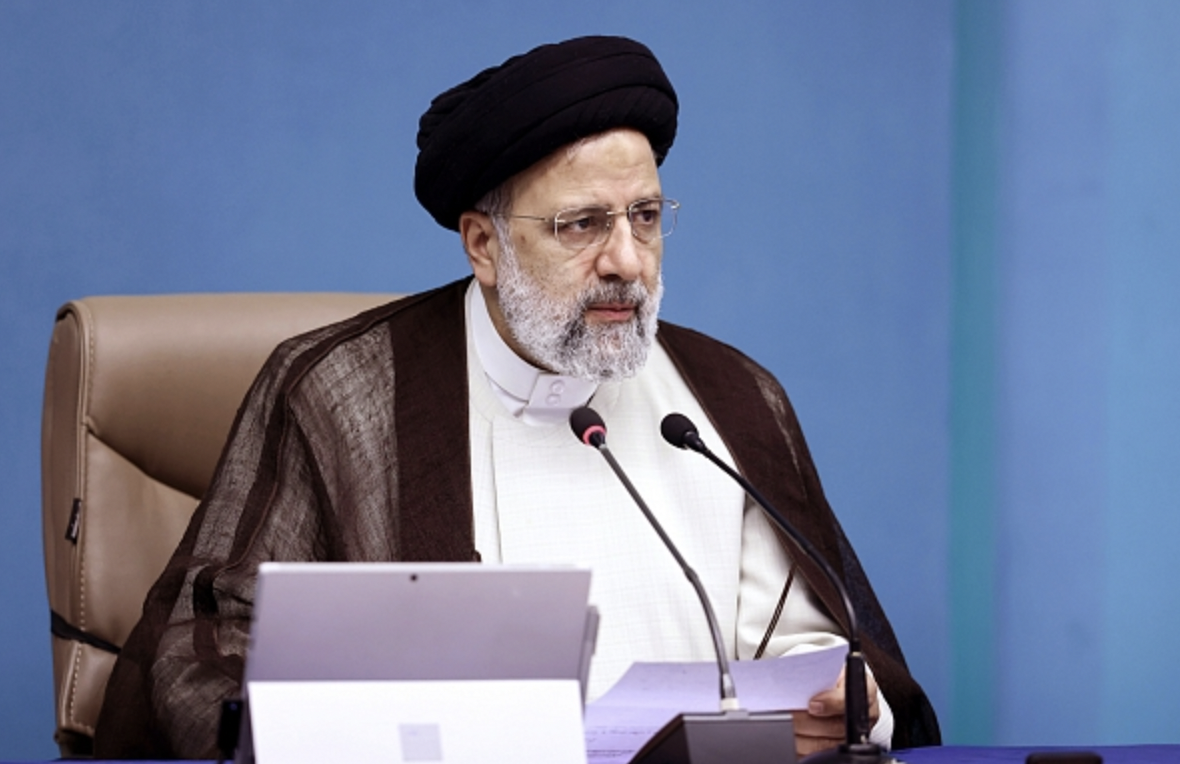
Timing Concerns Amid Middle East Crisis
The US withdrawal from Venezuela comes at a particularly sensitive time, with escalating tensions in the Middle East following recent US military strikes on Iranian nuclear facilities.
The strikes prompted strong condemnation from Venezuela, with the government stating it "firmly and categorically condemns the bombing carried out by the United States military, at the request of the State of Israel, against nuclear facilities in the Islamic Republic of Iran."
Regional security experts worry that the combination of US absence and Iranian presence in Venezuela creates dangerous precedents. As one unnamed intelligence official noted, "We're essentially allowing Iran to establish a beachhead in our hemisphere at precisely the moment when we need maximum leverage against Tehran."
The Path Forward: A Policy Crossroads
The Atlantic Council recommends that "sanctions must be linked to clear objectives. An uncalibrated reapplication of maximum pressure would cede influence to China, Russia, and Iran, while doing little to loosen the regime's grip on power."
Chatham House's historical analysis provides sobering context about the limitations of current strategy. Sabatini notes that "Rather than choking off export markets and revenue for the Maduro regime, the Venezuelan government just replaced US and Indian markets with Chinese ones." This dynamic of authoritarian consolidation is facilitated by "a core of non-democratic, sanctioned states such as China, Cuba, Iran, North Korea and Russia" that are willing to fill investment and trade vacuums left by US sanctions.
Brian Fonseca advocates for a different approach entirely, arguing that engagement should focus on "concrete benchmarks and mutual interests rather than open-ended dialogue." The publication suggests Washington should "focus on acquiring leverage on the ground through a more robust non-U.S. government presence" while pressing for "reliable transit corridors for U.S.-bound crude" and creating "parallel humanitarian channels."
The intelligence community's assessment is unambiguous about the stakes. As one intelligence report concludes: "Intelligence, defense, and law enforcement agencies across the Americas must treat Venezuela not as a failing state, but as an active and integrated geopolitical threat node, requiring heightened alert levels, interagency coordination, and cross-border operational strategies."
The debate over Venezuela policy highlights a broader challenge in US foreign policy: how to effectively pressure authoritarian regimes without creating vacuums that adversaries can exploit. With Iran's elite now using Venezuela as a sanctuary and operational base, and Maduro publicly calling Netanyahu "the Hitler of the 21st Century" while declaring solidarity with Tehran, the question remains whether the United States can regain lost influence without fundamentally rethinking its approach.

